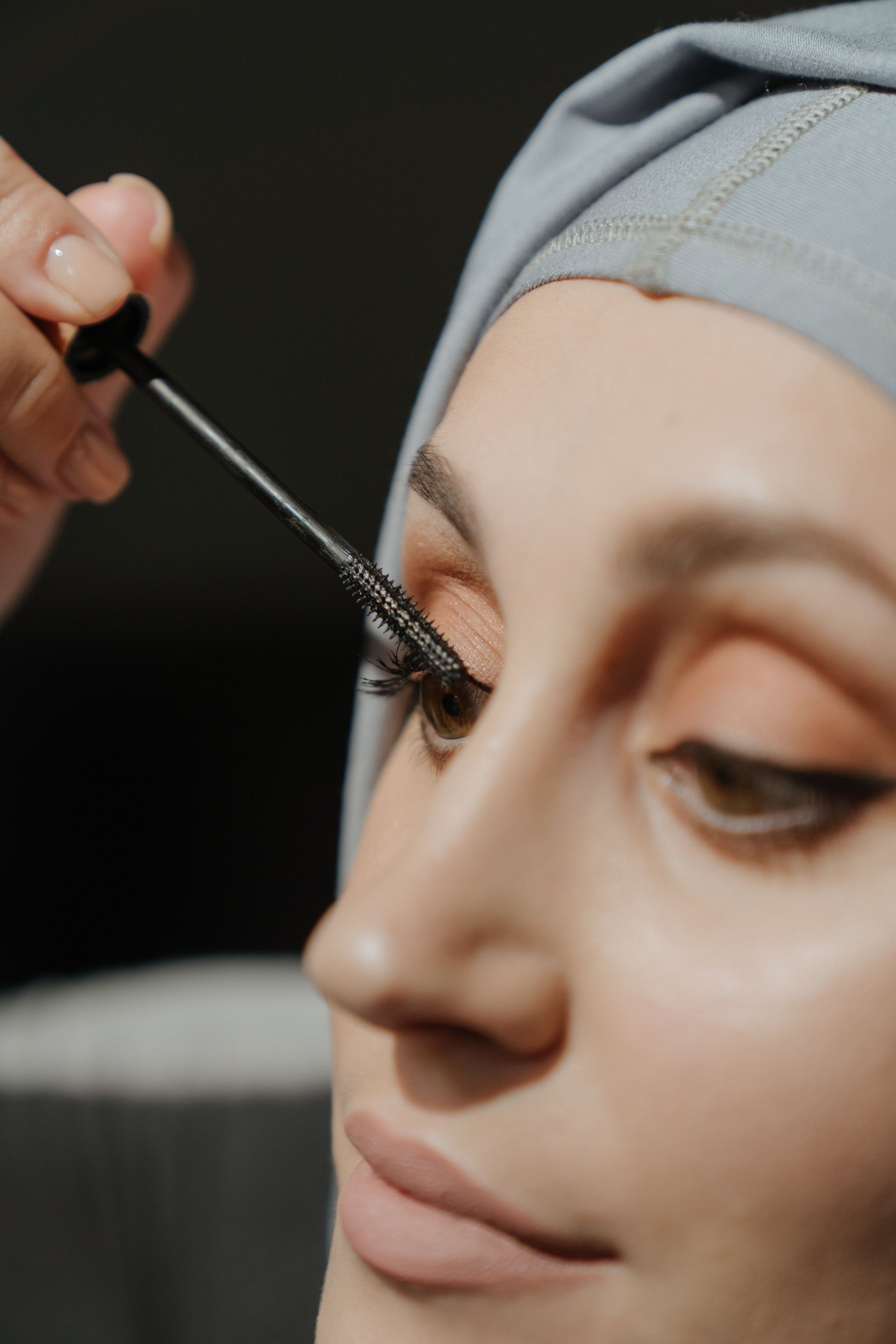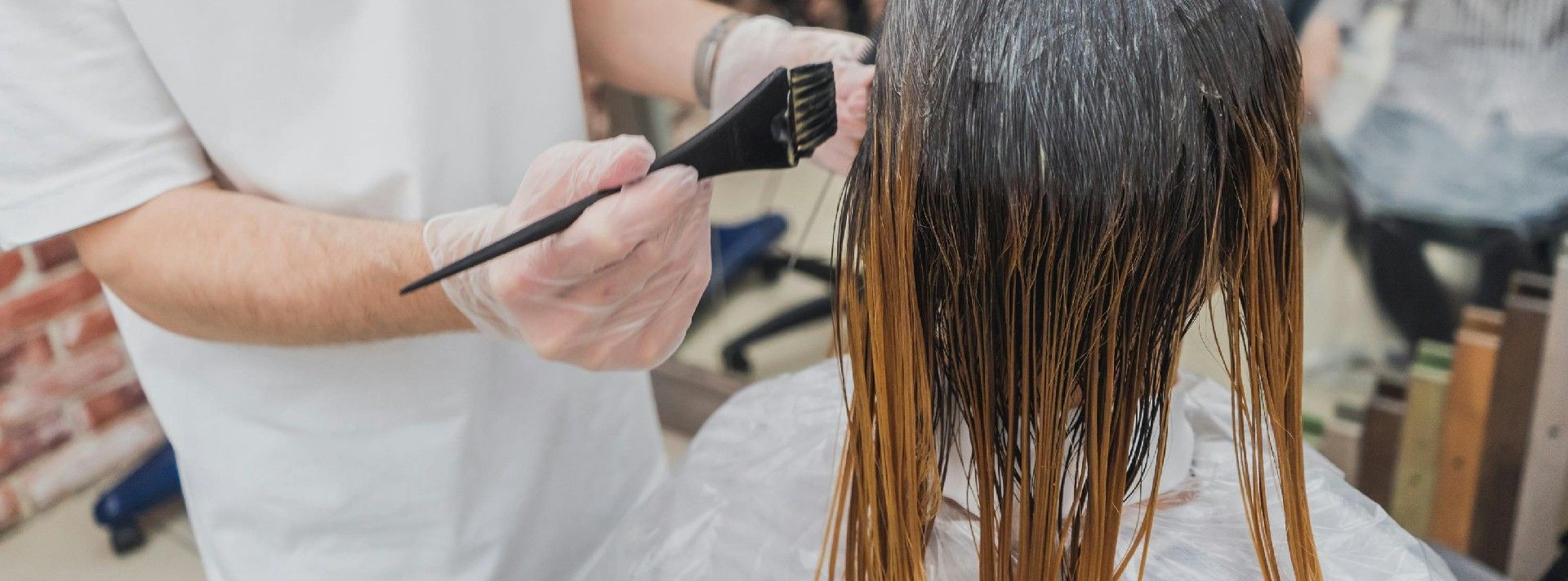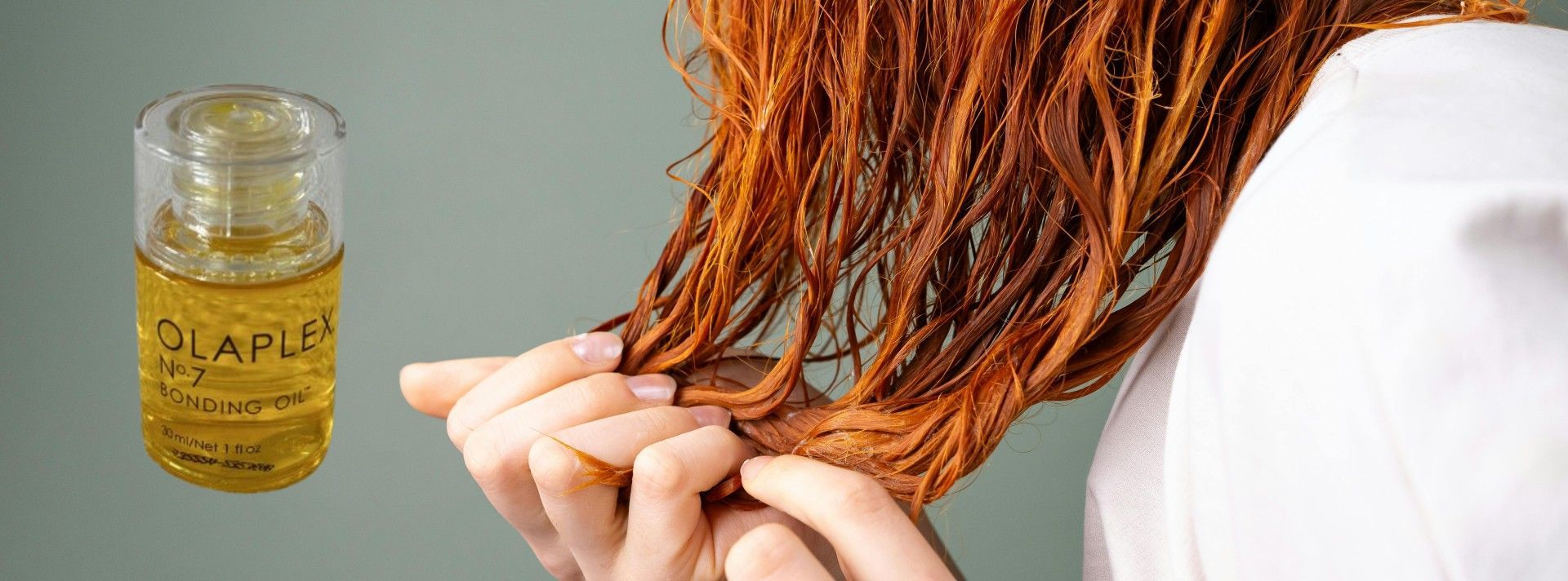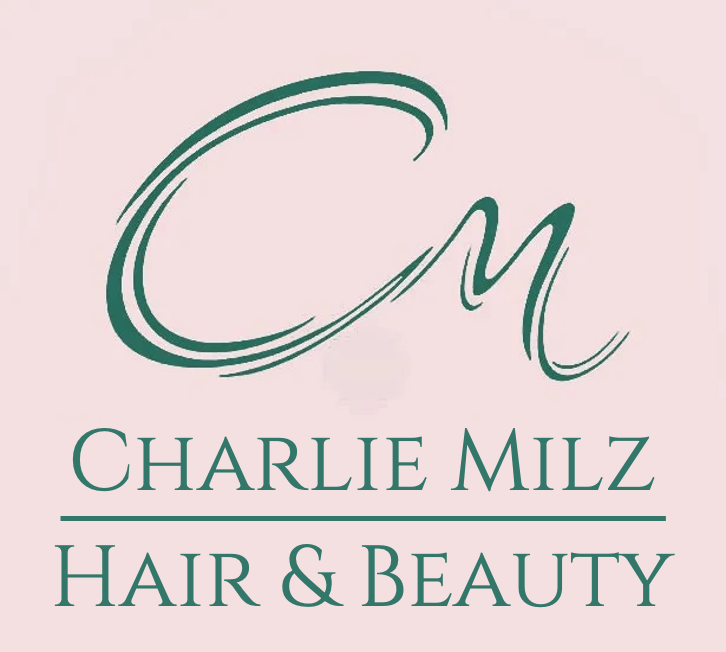Treatments and Products to Avoid During Pregnancy: Ensuring Safety for You and Your Baby
Pregnancy is a special time that requires extra care and consideration, even when it comes to products and treatments you use on your skin and hair, as some need to be avoided during pregnancy and if you’re breastfeeding.
In this article, we will explore treatments and products to steer clear of during pregnancy, ensuring a safe and worry-free experience, helping you to understand potential risks, and being able to make informed choices.
Laser Hair Removal Treatments
At any other time, we’d be raving about the benefits of laser hair removal but it’s not a treatment that can be used during pregnancy – even if you’re mid-way through a block of sessions. That’s because this treatment uses concentrated beams of light, which may have the potential to penetrate the skin and affect underlying tissues.
Frankly, there’s not enough evidence on the safety of these treatments during pregnancy, and so it's generally recommended to avoid them.
The hormonal changes and increased skin sensitivity during pregnancy can also make the skin more susceptible to adverse reactions or unwanted side effects.
You may also find if you’ve had a successful course of laser hair treatment previously, you experience some regrowth during pregnancy – this is due to the hormones surging through your body. One more session post-birth will restore your results.
What to opt for instead:
The best option is to have waxing carried out by a professional. As your bump gets bigger, you won’t be able to reach certain areas or remove hair as evenly, so it’s best to reach out to a specialist.
As pregnancy can make skin more sensitive, you may find this more painful that usual. Your waxer should also be mindful what positions they put you in as your ligaments are looser while pregnant and you could cause yourself an injury just by lifting a leg up.
Chemical-Based Hair Treatments and Products
Chemical-based hair treatments, including relaxers and keratin treatments, often contain strong chemicals that can be absorbed through the scalp and potentially enter the bloodstream. These treatments may carry a risk due to the potential exposure to harmful substances.
It's advisable to opt for natural or organic alternatives or choose simpler hair treatments, such as deep conditioning treatments which pose minimal risk.
However, if you do want to continue with hair treatments, including dying your hair, it’s always best to do this in a well-ventilated professional salon rather than doing it yourself.
What to opt for instead:
Ammonia-free hair dyes, natural origin hair products, and sulphate-free shampoo and conditioners. All available at the Charlie Milz salon provided by Matrix.
Retinoids and High-Dose Vitamin A Products
Oral retinoids and high-dose vitamin A products including prescription acne medications like Accutane should be strictly avoided during pregnancy. These substances have been associated with birth defects and can potentially harm the developing foetus.
Topical retinoids, such as Tretinoin are also generally best to avoid, as they can be absorbed through the skin in small percentages and amounts.
What to opt for instead:
Bakuchiol! A plant-based alternative to retinol that’s naturally antibacterial so can help to sooth skin and reduce irritation, redness and acne spots that’s thought to be pregnancy safe.
It's crucial to consult with a healthcare professional before using any skincare products.

Certain Essential Oils
While many essential oils and aromatherapy treatments can offer relaxation and therapeutic benefits, there are some oils that should be used with caution or avoided altogether during pregnancy. Essential oils such as clary sage, rosemary, basil, and juniper berry are known to potentially stimulate uterine contractions and so should therefore be avoided.
It's essential to consult a qualified aromatherapist or healthcare provider who can guide you on the safe use of essential oils during pregnancy.
What to opt for instead:
Lavender oils are great for creating a relaxing environment and can be added to your wrists or behind the ears if you’re feeling anxious in your pregnancy. Better yet, add to an aromatherapy diffuser to fill your home with the relaxing scent.
Rose is also a safe essential oil to use and is great in skincare for soothing irritated skin.
Chemical-Based Nail Products
Some nail products, including nail polishes and acrylics can contain chemicals and these chemicals have the potential to be absorbed through the nails and skin.
Opting for pregnancy-safe nail polishes that are free from harmful ingredients or using natural alternatives can minimise potential risks.
Additionally, ensuring proper ventilation in nail salons is important to reduce exposure to chemical fumes.
What to opt for instead:
Gel nails and Builder in a Bottle (BIAB) are safe during pregnancy, just make sure you choose a professional and clean nail salon that’s well ventilated and you can still enjoy your manicure and pedicure while pregnant.
Eyelash Growth Serums
The use of lash serums for eyelash growth during pregnancy is a topic that honestly lacks sufficient scientific research. While lash serums are generally applied topically and not directly absorbed into the bloodstream, it's still important to exercise caution and consult with your healthcare provider before using any lash serum or similar products during pregnancy.
Some lash serums may contain ingredients that may have effects on hormone levels or cause potential allergic reactions. It's crucial to have a thorough understanding of the specific ingredients in the lash serum and discuss their safety with your healthcare provider, as each brand differs.
In general, during pregnancy, it's advisable to err on the side of caution and avoid using products that are not essential or have limited safety data available. If you're considering using a lash serum for eyelash growth, it's best to consult with your healthcare provider, midwife or a dermatologist who can provide personalised advice based on your individual circumstances.
What to opt for instead:
A lash lift is a great alternative to using a lash serum. Giving your natural lashes a lift and curl, as well as tint (if opted for). That way you can wake up with naturally enhanced lashes, negating the need for mascara or serums keeping your eyes clean and product-free.

If you’re unsure…
During pregnancy, prioritising the safety and well-being of both you and your baby is paramount. Being aware of treatments and products to avoid can help you make informed choices and reduce potential risks. Always consult with your midwife or a qualified professional for personalised advice and recommendations, ensuring a healthy and enjoyable pregnancy.
You may also be interested in...





